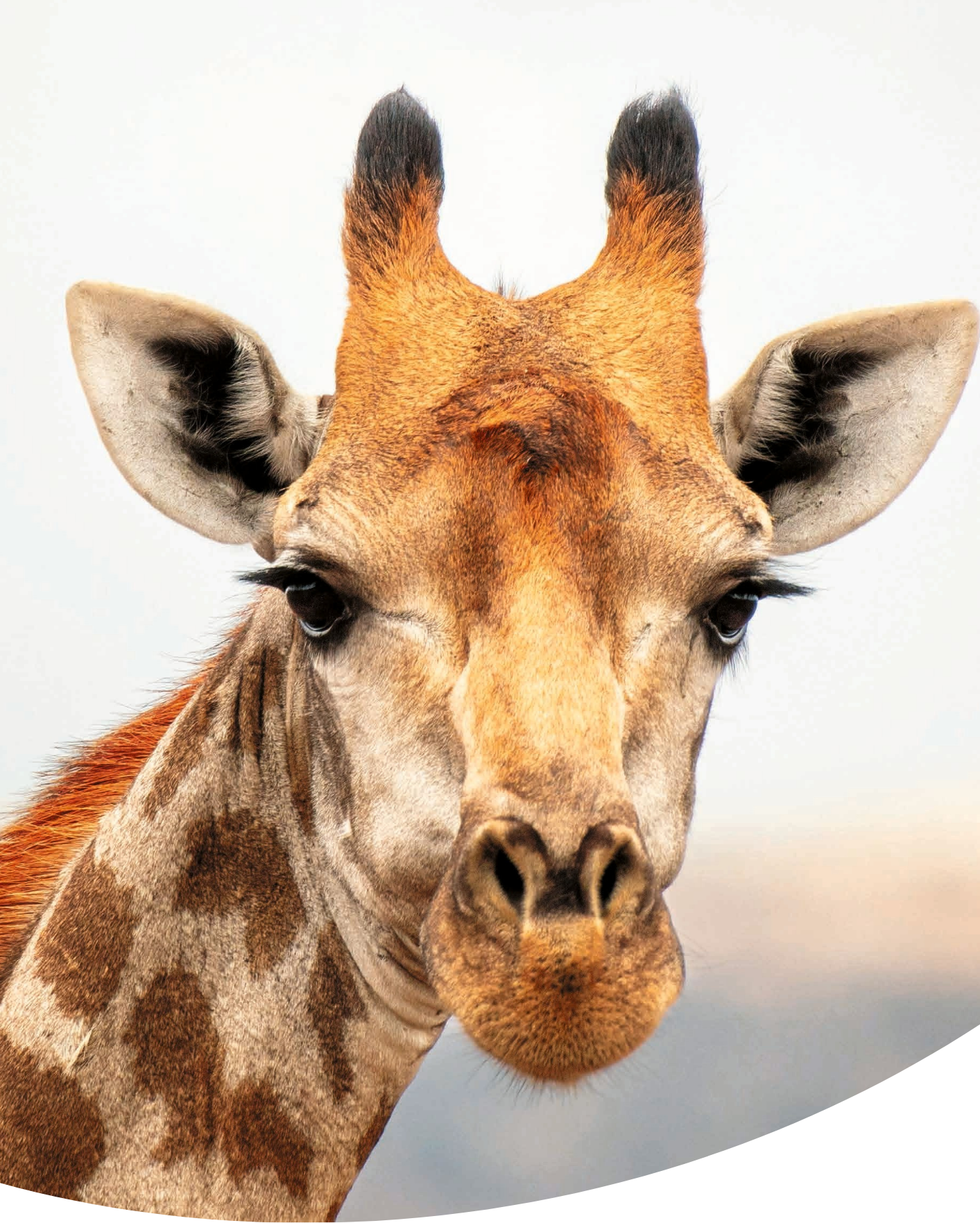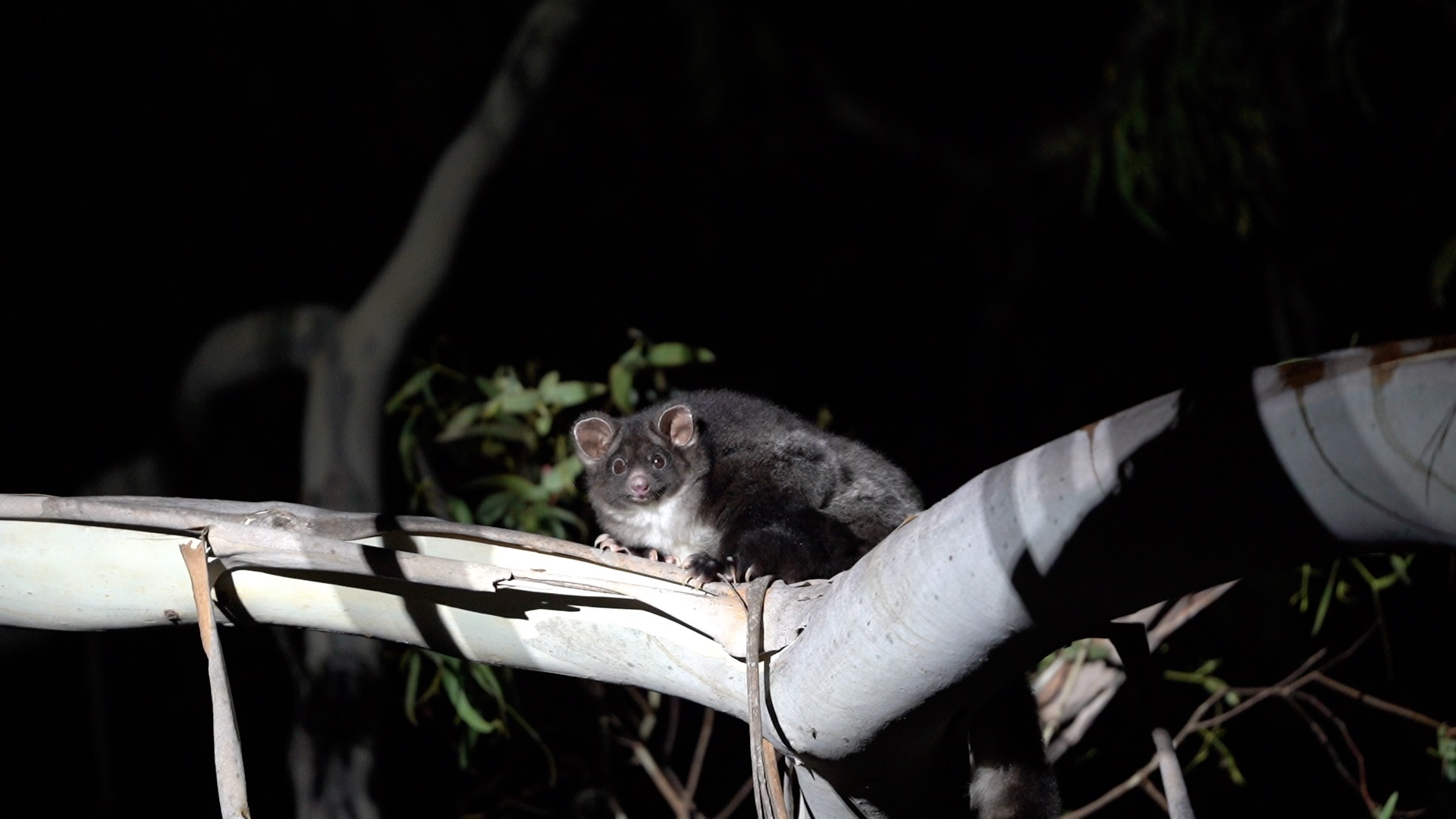Find out more about our work on federal environment reforms, the recent victory in protecting whale sharks, an update on our partner projects and lots more.
The 2018 Winter Olympics may be over, but for some of us the celebration of success continues. For Humane Society International, it was the closure of our 11th dog meat farm in South Korea, which happened during the Pyeongchang Games. Yesterday, I flew to Montreal to spend a day at our emergency shelter there, and to meet 89 dogs from that farm who are now in Canada and at the start of their new lives.
I have traveled twice to South Korea to help close down dog meat farms and each time I meet these amazing animals, I am moved by the love they have to offer despite the bleakness of the lives they have led. Each room at the Montreal shelter was filled with beautiful, kind and loving dogs and puppies. I felt like I already knew some of them from the video footage our staff had shot during the rescue, and I could hardly wait to meet them.

Each room at the Montreal shelter was filled with beautiful, kind, and loving dogs and puppies. I felt like I already knew some of them from the video footage our staff had shot during the rescue, and I could hardly wait to meet them. Image: Dario Ayala/AP Images for HSI
There was Christopher, the giant, gentle pyrenees mix, always eager to give and get kisses from our HSI staff members. Abbie, a mastiff mix, and her puppies, filmed getting treats for the very first time from their rescuers. And the puppy Beemo, adopted by Olympian and freestyle skier Gus Kenworthy, who accompanied our staff to the farm in Korea to raise awareness about the country’s dog meat trade.
The Montreal shelter itself was truly an impressive sight, abuzz with volunteers and HSI/Canada staff feeding, caring, cleaning or just watching these dogs discovering their new-found freedom. There were members of the media, excited to see these furballs and eager to tell their stories. But the most gratifying moment came when Gus and his boyfriend Matt Wilkas were reunited with Beemo. The puppy made a beeline for Gus as he walked into the room, covering his face with kisses.
It is moments like these that drive us to do this difficult but necessary work. To date, we have rescued more than 1,300 dogs from Korea’s dog meat farms and flown them to the United States, United Kingdom, and Canada, where they were given the love and attention they so desperately need.
But there are thousands of dog meat farms around South Korea, with millions of dogs trapped on them, and they are the reason that we need this trade to stop. An estimated 2.5 million dogs of all types are bred and killed each year for human consumption there. In the farms where they are kept, they lead lives that are almost unimaginable for those of us who love and live with dogs. These animals never leave their cages or feel a kind human touch in their entire lives. They endure punishing winters in cold, outdoor cages with metal wiring underfoot. And when death comes, it is just as harsh, usually by electrocution or hanging when they are just a year old.

Beemo, second from left, was one of more than 80 dogs rescued from a dog meat farm in South Korea. Image: Jean Chung/For HSI
When we began our work to end the dog meat trade in Korea in 2015, we knew that tackling this job would require a multi-pronged approach. We are raising awareness both inside South Korea and globally about the cruelties of the dog meat trade, we are working on building support for legislation that could phase out and end this terrible business and – through our model of closing down dog meat farms and transitioning the farmers to humane livelihoods – we are offering the country a blueprint for ending the dog meat trade.
We are already seeing positive signs. Young Koreans are increasingly rejecting eating dogs and voicing their dislike, and in fact most South Koreans don’t regularly eat dog meat and oppose the practice. South Korean President Moon Jae-in has adopted a dog named Tory who was said to be rescued from a dog meat farm.
As I left the shelter in Montreal last night, I returned with renewed determination to continue our fight for all of those animals who still continue to suffer on dog meat farms in Korea. But I was also happier for knowing we have turned the tide for these 89 dogs, and more to come, until the day that dogs are no longer seen as food in Korea and in other countries where this practice continues.


